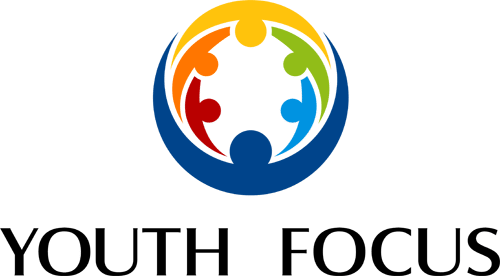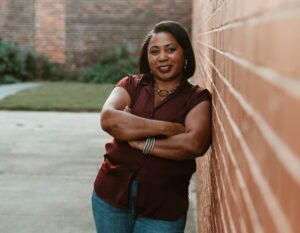For some children, getting to stay home with their parents or caregivers during COVID-19 is a dream come true and fun for the whole family. But for many children — many more than we’d like to think — being stuck at home is a complete nightmare because they are one of the hundreds of thousands of North Carolina children who are being mistreated or abused at home by a caregiver. With COVID-19, children and parents are spending more time together cooped up in a house and experiencing high amounts of stress, and that means that cases of child abuse are on the rise.
So it’s particularly important that we raise awareness during April for National Child Abuse Prevention Month.
The Prevalence of Child Abuse
Child abuse occurs everywhere in the world — there is not a single society that is exempt from having cases of child abuse, including our own neighborhood, city, and state.
- Just in 2017-2018, North Carolina had 119,339 reports of possible child abuse and neglect. And while some of those may have been unfounded, we must also consider all the cases of abuse and neglect that were never reported.
- The latest report from 2016 alone shows that 27 children in our state were killed at the hand of a parent or guardian.
The Costs of Child Abuse
There is also not a single community that isn’t affected by the long-lasting repercussions and costs of child abuse:
- The Centers for Disease Control and Prevention (CDC) estimate that each year of confirmed cases on child abuse results in lifetime costs of $428 billion when accounting for medical costs, mental health care, emergency housing, education costs, loss of productivity, criminal justice expenses, and law enforcement expenses throughout a lifetime.
- In America alone, Prevent Child Abuse America (PCAA) estimated in 2012 that child abuse costs our nation more than $80 billion dollars each year.
- North Carolina’s share? Over $2,057,467,000 in 2012 alone.
- Not to mention the increase in mortality, heart disease, cancer, suicide, depression, and countless other illnesses that stem from having a childhood full of adverse childhood experiences (ACEs), which include all types of abuse and neglect.
Prevention of Child Abuse
Who can report child abuse?
- YOU CAN! Anyone can report suspected child abuse. In fact, it’s the law in North Carolina — all North Carolina adults are required to report suspected child abuse, even if it’s based on suspicion. You do not need to investigate, find proof, or get permission to report.
- People who work closely with children, such as teachers, daycare workers, bus drivers, nurses, psychologists, doctors, and social workers are all required by federal law to report any suspected cases of child abuse without fear of retribution.
How do I report suspected child abuse?
- To file an anonymous report, contact the Department of Social Services (DSS) in the county where the child lives. Share as much information about the child as possible — name, age, address and parent/caregiver name, if possible – and be sure to explain what makes you suspect abuse, even if it’s just based on the words of a child.
- Your report may or may not be accepted for assessment by Child Protective Services (CPS), and an investigation may not turn up any evidence of abuse. However, you can at least know with confidence that you did what you could do.
- If you are unhappy with the results of contacting DSS/CPS, read about your options and proper protocol here.
It’s Up To YOU!
Childhood should be a time of growth and learning and play, not of terror. Our message this month’s campaign is, “Everyone can make great childhoods happen—especially you, especially now!”
Yes, YOU can be the difference. YOU can make the call. YOU could save a child’s life and protect their future.





